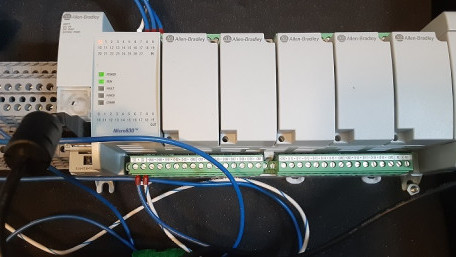
Rockwell Automation’s Micro800 series is the modern replacement for some older MicroLogix PLCs. Learn how to get started with basic I/O, plus timers and…
Rockwell Automation’s Micro800 series is the modern replacement for some older MicroLogix PLCs. Learn how to get started with basic I/O, plus timers and counters, to build your own programs in a snap!
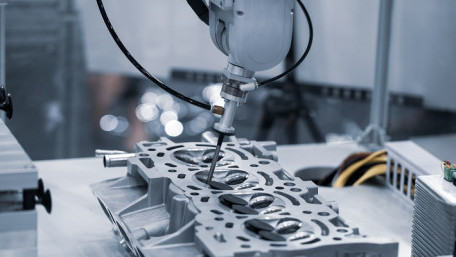
Force compensators and force compliance end effectors can expand the capabilities of traditional robotics to reach into…
Force compensators and force compliance end effectors can expand the capabilities of traditional robotics to reach into difficult processes, ranging from grinding and alignment to precision measurement.
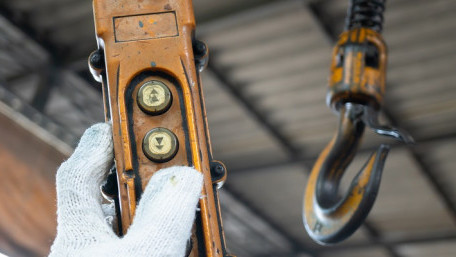
Three-phase motors are a backbone of the modern industrial control landscape. But plenty of applications still rely on…
Three-phase motors are a backbone of the modern industrial control landscape. But plenty of applications still rely on single-phase motors. Can these types of motors be reversed, and if so, how?
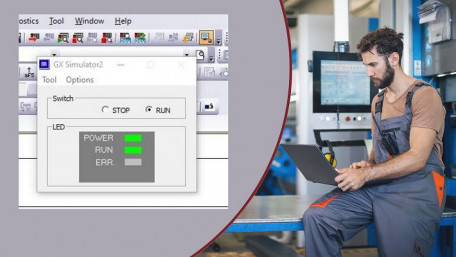
GX Simulator2 is one of MELSOFT’s essential tools for the simulation of programs in a virtual PLC and works with GX…
GX Simulator2 is one of MELSOFT’s essential tools for the simulation of programs in a virtual PLC and works with GX Works2. Learn how to virtually simulate and test your ladder programs.
Industrial robots are becoming safer and more economical by utilizing safety signals over Ethernet networks via CIP…
Industrial robots are becoming safer and more economical by utilizing safety signals over Ethernet networks via CIP safety technology.
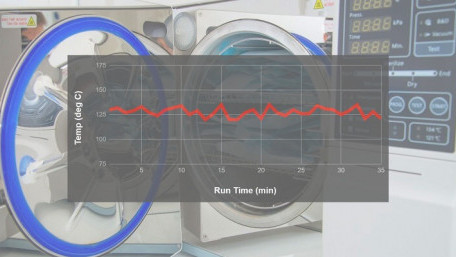
Temperature profiling is an effective tool to monitor thermal properties in process equipment. This article defines…
Temperature profiling is an effective tool to monitor thermal properties in process equipment. This article defines temperature profiling, discusses the process components, and describes the various benefits it offers.
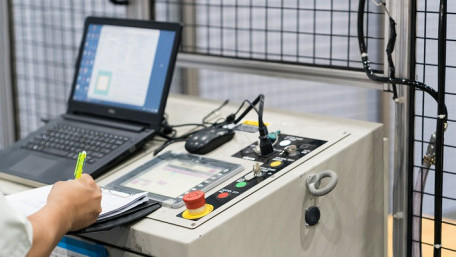
Any kind of computer programming can be challenging to determine what aspects are truly unique versus what aspects should…
Any kind of computer programming can be challenging to determine what aspects are truly unique versus what aspects should be standardized across projects and platforms to streamline future development.
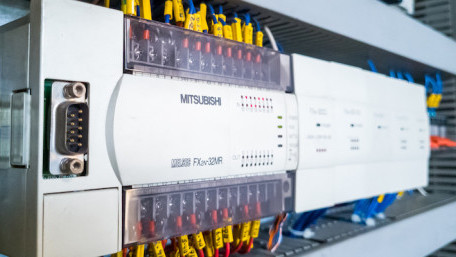
Mitsubishi's FX series PLC is one of MELSOFT GX Developer’s most popular automation solutions for small and…
Mitsubishi's FX series PLC is one of MELSOFT GX Developer’s most popular automation solutions for small and medium-scale applications. Learn how to use GX Developer software to program the FX series PLC.
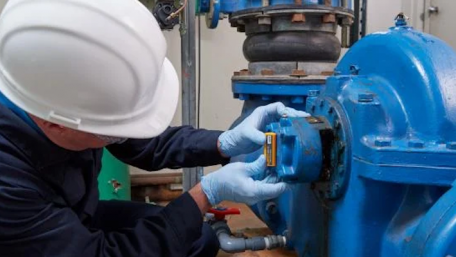
Vibration sensors measure the mechanical vibration of an object, making it possible to monitor machines for early signs…
Vibration sensors measure the mechanical vibration of an object, making it possible to monitor machines for early signs of failure to prevent costly and dangerous breakdowns.
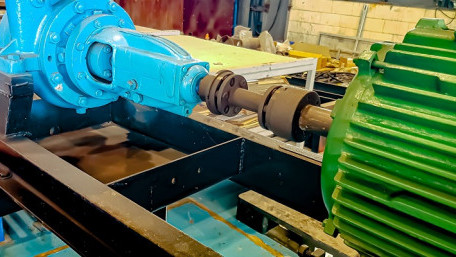
Understanding torque is a key method of preventing damage to machines and ensuring a long lifespan. We have all heard of…
Understanding torque is a key method of preventing damage to machines and ensuring a long lifespan. We have all heard of torque, but what is it, and how is it measured in automated systems?
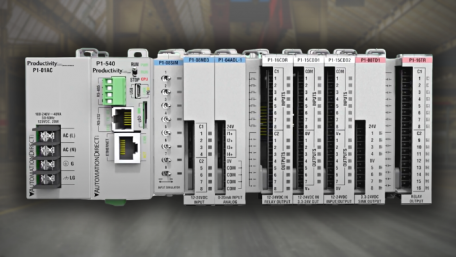
AutomationDirect’s Productivity line of PLCs is known for cost-effectiveness and ease of use. Learn how to build and…
AutomationDirect’s Productivity line of PLCs is known for cost-effectiveness and ease of use. Learn how to build and download a simple program using discrete input and output ladder commands.
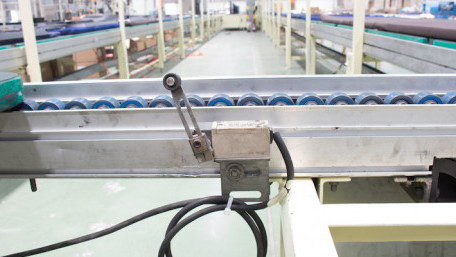
Limit switches are electromechanical devices that open or close contacts when external pressure is applied to an…
Limit switches are electromechanical devices that open or close contacts when external pressure is applied to an actuator. This solves a simple problem faced by motion devices: limiting movement
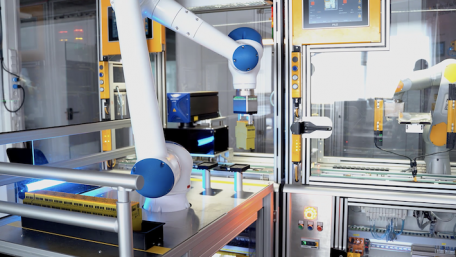
Engineering processes like robotics, feedback control, and security systems rely on position and distance sensors to…
Engineering processes like robotics, feedback control, and security systems rely on position and distance sensors to provide real-time information that enables machines to operate accurately and safely.
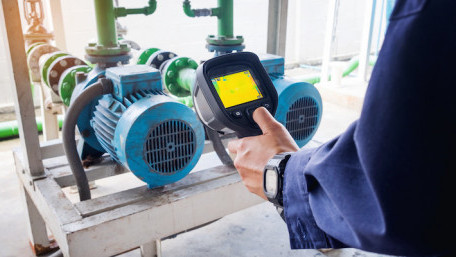
Converting thermal energy into electrical signals, temperature sensors such as RTDs and thermocouples are fundamental in…
Converting thermal energy into electrical signals, temperature sensors such as RTDs and thermocouples are fundamental in the maintenance and operation of industrial environments and equipment.
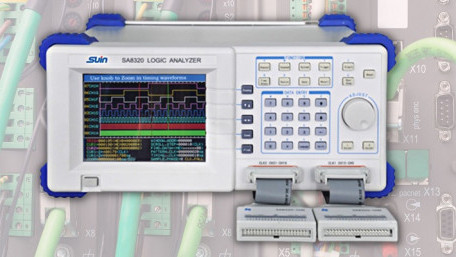
ASCII is a familiar acronym, found in applications like Modbus communications and string data types—but what is it, and…
ASCII is a familiar acronym, found in applications like Modbus communications and string data types—but what is it, and what does ASCII mean for automation engineers?
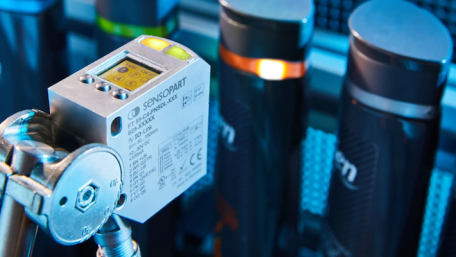
Optical sensors are one of the most popular sensor types in industrial automation. This article covers optical sensor…
Optical sensors are one of the most popular sensor types in industrial automation. This article covers optical sensor basics and commonly used types, including fiber optic, photoelectric, and optical encoders.
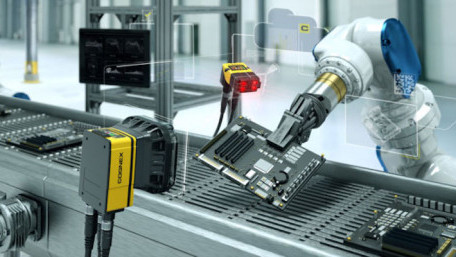
Industrial sensors can be found in nearly every modern industrial process, regardless of complexity. Learn the history,…
Industrial sensors can be found in nearly every modern industrial process, regardless of complexity. Learn the history, evolution, and variety of sensors that make manufacturing the modern marvel we see today.

As data becomes available, maintenance can shift from being done on a rigid schedule to a more cost-effective plan of…
As data becomes available, maintenance can shift from being done on a rigid schedule to a more cost-effective plan of fixing as required, even turning attention to the root cause of maintenance woes.
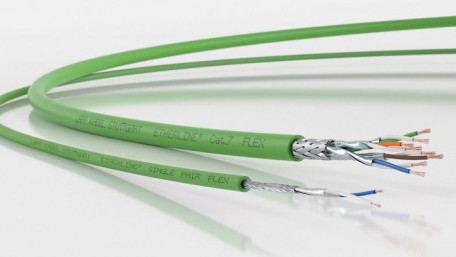
Industrial Ethernet is getting a facelift, but will the industry adopt this new change? Single Pair Ethernet (SPE) offers…
Industrial Ethernet is getting a facelift, but will the industry adopt this new change? Single Pair Ethernet (SPE) offers gigabit speeds with a reduced footprint. When is it used, and where?
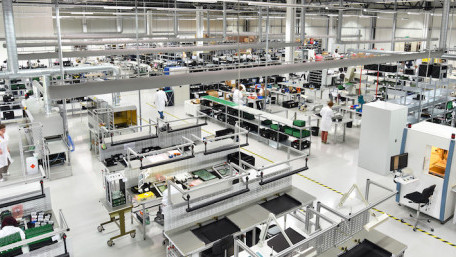
Power quality is an increasing concern for manufacturers all over the world as electrical equipment becomes more advanced…
Power quality is an increasing concern for manufacturers all over the world as electrical equipment becomes more advanced and therefore sensitive to discrepancies in the supplied power.
